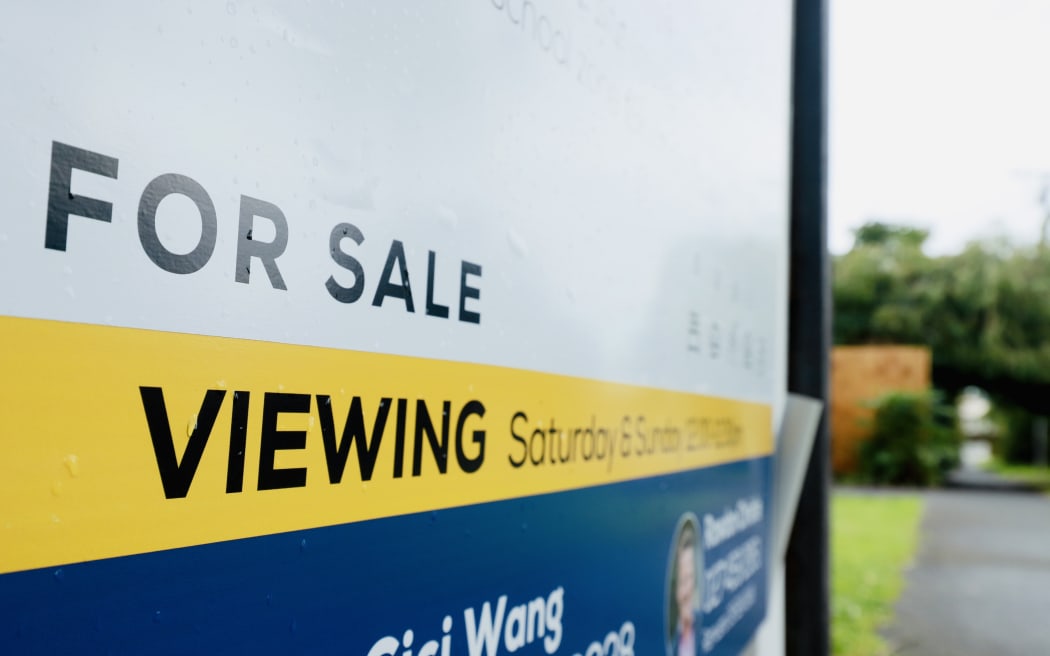
The overall rate female-only ownership was just 22 percent, while male-only ownership was notably higher at 26 percent. (file image)
Photo: RNZ / Marika Khabazi
Women lag behind men when it comes to investing in residential property.
CoreLogic’s 2024 Women & Property report, released to mark International Women’s Day on Friday, found while female-only owner occupier rates were higher than men, they fell behind significantly when it came to investment properties.
CoreLogic report author and chief property economist Kelvin Davidson said there were several factors explaining the tendency for more men to own investment properties than women, with pay and financial literacy two most likely contributing factors.
“The gender wage gap means that, in theory at least, males can build financial wealth a bit faster, allowing for earlier and more investment in rental properties,” he said.
“Factors like the gender wage gap, estimated at around 9 percent, have been identified as potential contributors to the delay in women accumulating assets, especially when it comes to building a deposit for home ownership.”
As of January 2024, the proportion of female-only owner-occupied properties was 23 percent, compared with 21 percent of male-only owner-occupied homes.
In contrast, the overall rate female-only ownership was just 22 percent, while male-only ownership was notably higher at 26 percent.
“There is some evidence that financial education and literacy is higher among males too, potentially giving them more awareness of different options,” Davidson said.
In terms of the value of property, female-only stock had a median value of $650,532 in the latest results, versus $675,975 for male-owned dwellings.
Davidson said there were also regional variations in home ownership.
Of the 14 regions nationally, four had a female-only ownership rate higher than the national average, with Gisborne leading at 25 percent, followed by Auckland at 24 percent, with West Coast and Tasman-Nelson-Marlborough ranked at the bottom.
“Other areas of the country, such as the West Coast, are predominantly mining and farming areas, which may attract fewer female-only property owners,” he said.
“Surprisingly more expensive regions such as Tasman-Nelson-Marlborough, is one of six regions where female-only ownership was higher than male-only ownership.”
Females own more property than males in Gisborne, Wellington, Hawke’s Bay, Northland, and Bay of Plenty.
In Canterbury and Manawatu-Whanganui, the female-only and male-only ownership rates are equal.

